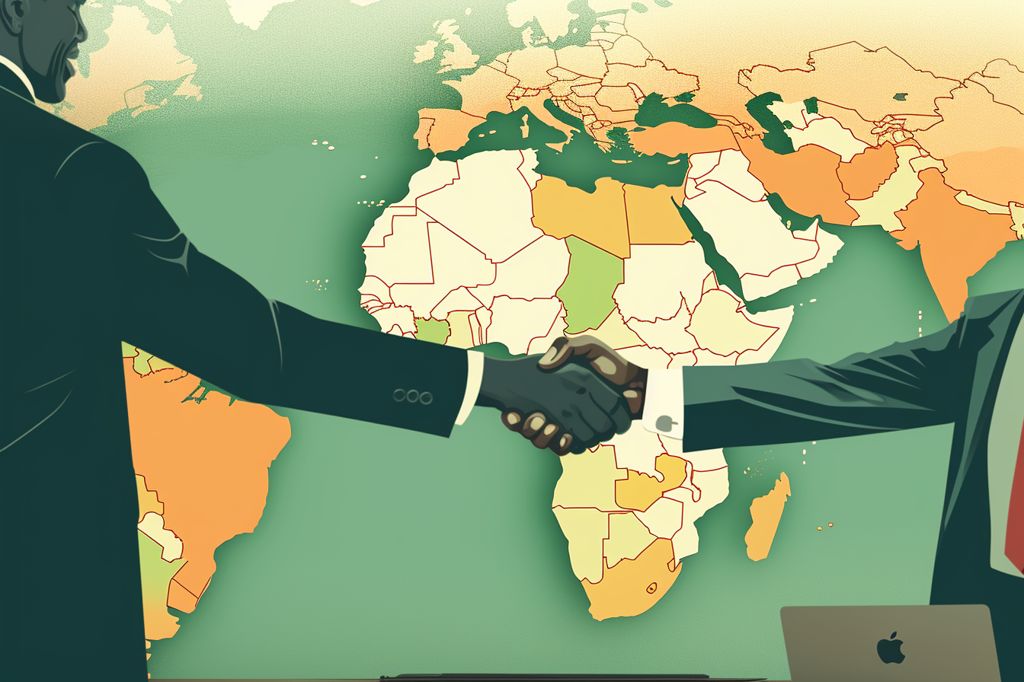Gauteng MEC for Transport and Logistics, Kedibone Diale-Tlabela, has launched the registration of vehicle number plate manufacturers. The initiative is aimed at promoting and encouraging embossers to become legalized manufacturers of number plates, ensuring compliance with existing regulations.
The Need for Secure and Tamper-Proof Number Plates
The Premier of Gauteng called for the implementation of a new, secure, and tamper-proof number plate system. In response, the Department of Roads and Transport started working on this innovative project. The recent launch event emphasizes the importance of compliance with the National Road Traffic Act’s Section 5, which prohibits manufacturers of number plates from manufacturing, selling, or distributing number plates unless they are registered as Manufacturers of Number Plates.
Strengthening the Transport and Logistics Sector
The move towards a more secure and tamper-proof number plate system will strengthen the province’s transport and logistics sector and enhance overall road safety. By having registered and legalized manufacturers, the government can better regulate and ensure the quality of these essential vehicle components.
Registration is Just One Example of Transportation Improvements
The registration of vehicle number plate manufacturers is just one example of how the Gauteng government is working to improve its transportation and logistics sector. In addition to the new number plate system, the government is focusing on infrastructure development, public transportation improvements, and the promotion of eco-friendly transport options.
Commitment to Regulatory Compliance
The launch of this registration system marks a significant step forward in addressing road safety concerns and ensuring that the province’s vehicles are equipped with high-quality, tamper-proof number plates. With this new initiative, the Gauteng Department of Roads and Transport demonstrates its commitment to upholding the rule of law and ensuring that all vehicle number plate manufacturers comply with existing regulations.
Continued Innovation and Growth in Transportation
As the registration process moves forward and the new number plate system is implemented, the Gauteng government will continue to explore and develop innovative solutions to improve transportation and logistics in the region. Combining cutting-edge technology with a focus on regulatory compliance, the province’s transportation network is poised for continued growth and improvement.








